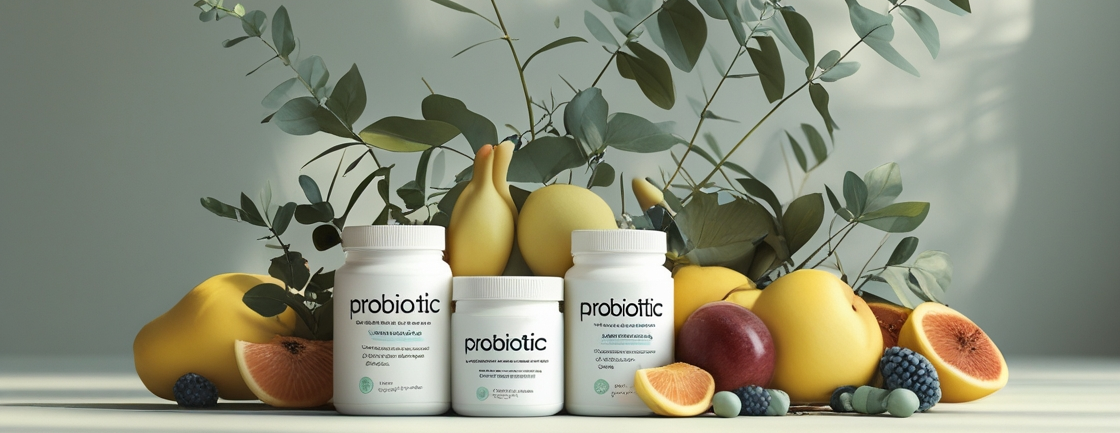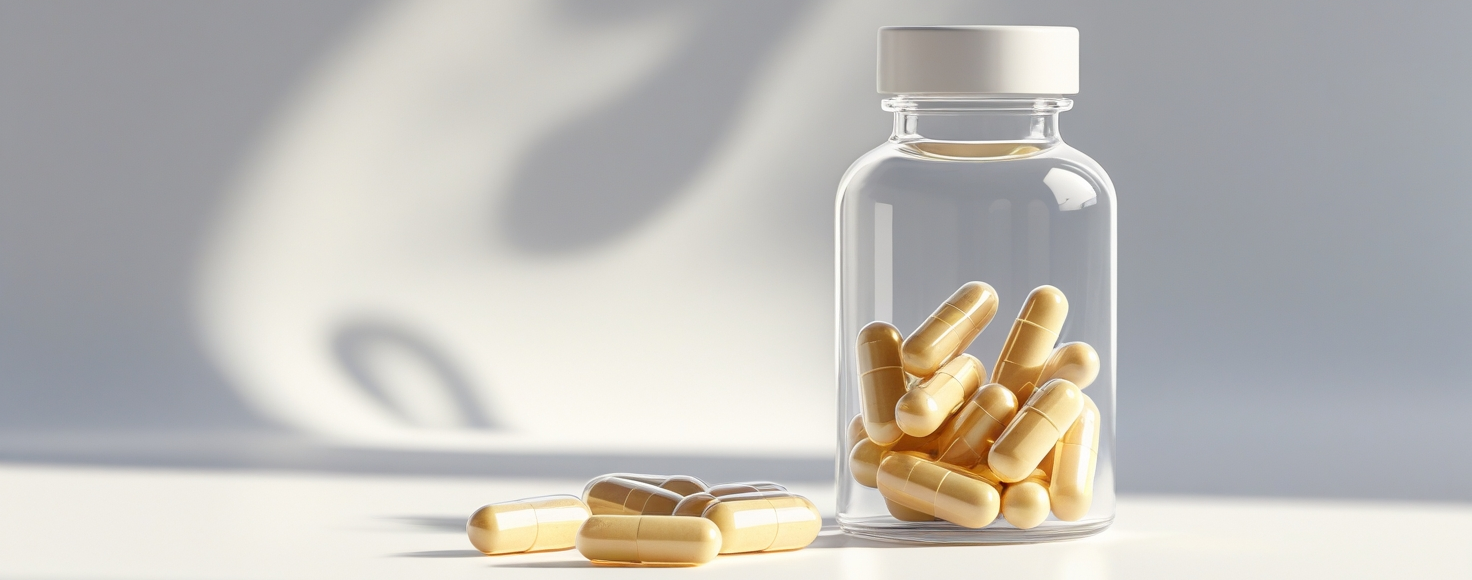
Do probiotics help with bloating? If you’ve ever experienced the uncomfortable feeling of a swollen abdomen after eating, you’re not alone. Bloating is a common digestive issue caused by gas buildup, poor digestion, or an imbalance in gut bacteria. Probiotics, known for their ability to promote a healthy gut microbiome, are often suggested as a natural remedy for bloating. But how effective are they, and how can they be used to alleviate this condition?
This article dives deep into the connection between probiotics and bloating, exploring how they work, the best strains to try, and what steps you can take for long-term relief.

Probiotics are live microorganisms, often referred to as “good bacteria,” that provide health benefits when consumed in adequate amounts. They naturally occur in certain foods and supplements, and their primary role is to restore balance in your gut microbiome.
Your gut is home to trillions of bacteria, some of which aid in digestion, while others may contribute to gas production and bloating. When the balance of good and bad bacteria is disrupted—due to poor diet, stress, or illness—bloating and other digestive discomforts can occur. Probiotics help by:
The short answer is yes, probiotics can help with bloating in many cases. By replenishing beneficial bacteria and suppressing the growth of gas-producing microbes, probiotics promote a balanced gut environment that minimizes bloating.
Studies have shown that certain probiotic strains, such as Lactobacillus and Bifidobacterium, can significantly reduce bloating. These probiotics work by:
Not all probiotics are created equal. Specific strains are more effective for targeting bloating.
Adding probiotic-rich foods to your diet is one of the easiest ways to promote gut health and reduce bloating.
If probiotic foods aren’t a regular part of your diet, supplements can provide a more concentrated dose. Look for products with multiple strains, at least 10 billion CFUs (colony-forming units), and a strain known to reduce bloating, such as Lactobacillus or Bifidobacterium.
Prebiotics are fibers that feed probiotics, helping them thrive in your gut. Foods like garlic, onions, bananas, and asparagus are great sources of prebiotics.

While probiotics can help, combining them with these lifestyle changes can maximize their effectiveness:
Large meals can overwhelm your digestive system and lead to bloating. Opt for smaller portions spread throughout the day.
Proper chewing helps break down food, reducing the workload on your gut and minimizing gas production.
Drinking plenty of water supports digestion and prevents constipation, which is a common cause of bloating.
Identify and eliminate foods that cause bloating. Common culprits include beans, carbonated drinks, and artificial sweeteners.
If you’re looking for personalized solutions to bloating and other gut health issues, Morgan Ashley Wellness is here to help. Specializing in holistic wellness, Morgan Ashley offers tailored advice and practical strategies to support a healthy gut microbiome.
Whether you’re curious about probiotics or need guidance on dietary changes, Morgan Ashley Wellness provides expert support to help you feel your best. Visit Morgan Ashley Wellness today to start your journey to better gut health.

Most people notice improvements within 1-2 weeks of consistent probiotic use, but it can take up to a month for significant changes.
In some cases, probiotics may temporarily increase gas or bloating as your gut adjusts to the new bacteria. This usually resolves within a few days.
Both can be effective. Supplements offer a higher dose of probiotics, while foods provide additional nutrients and prebiotics.
For best results, probiotics should be taken daily, either through foods or supplements.
Probiotics are generally safe for most people, but those with compromised immune systems or serious health conditions should consult a healthcare provider before use.
So, do probiotics help with bloating? The evidence is clear: probiotics can be a powerful tool in managing bloating by restoring gut balance, improving digestion, and reducing gas production. By incorporating probiotic-rich foods or supplements into your routine and pairing them with healthy lifestyle changes, you can experience lasting relief.
For expert guidance tailored to your needs, Morgan Ashley Wellness offers holistic support to help you optimize your gut health. Don’t let bloating hold you back—start taking steps today for a healthier, happier gut!
How to improve gut health naturally is a question many people are exploring as they […]
How to starve bad gut bacteria is a question that often arises when addressing gut […]
When choosing the best oil for your kitchen, avocado oil vs olive oil is a […]